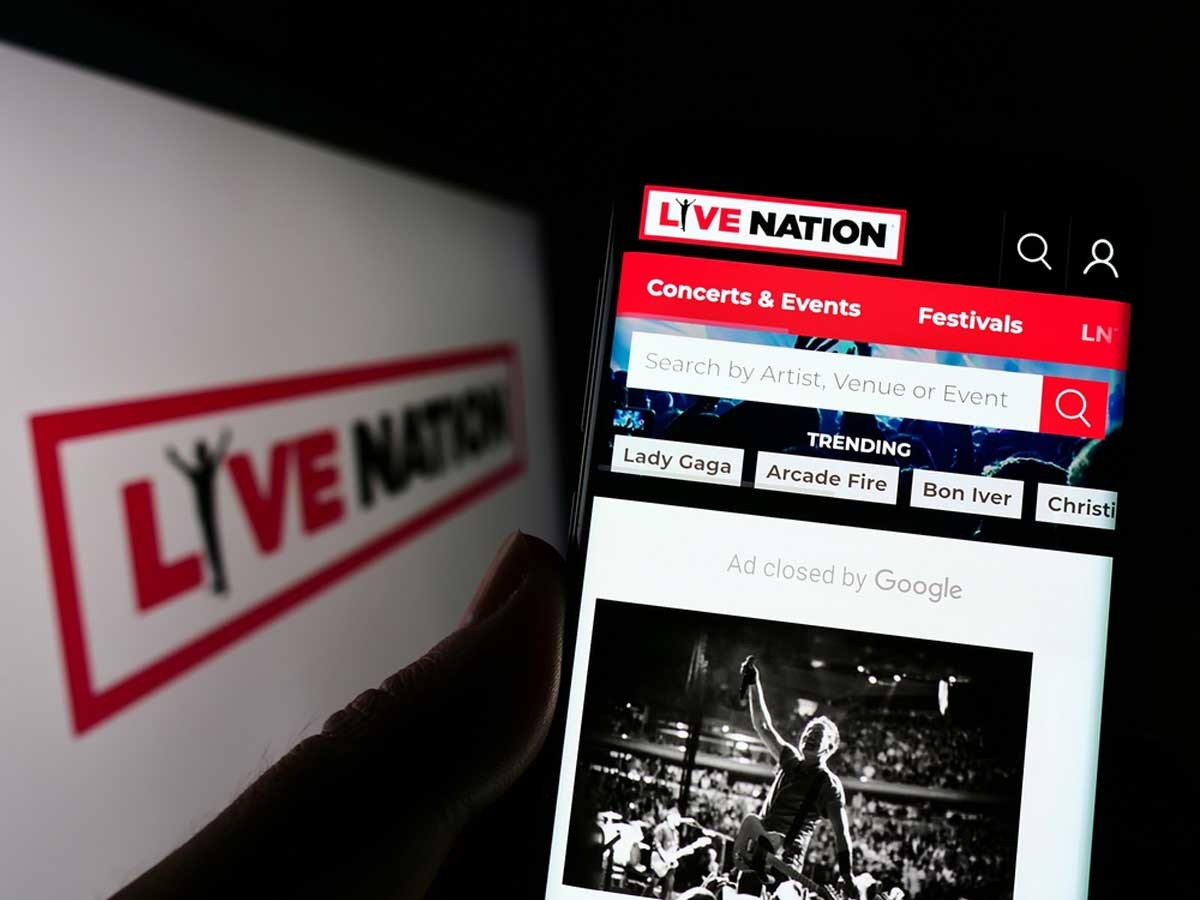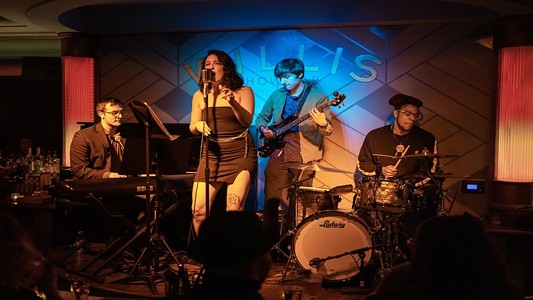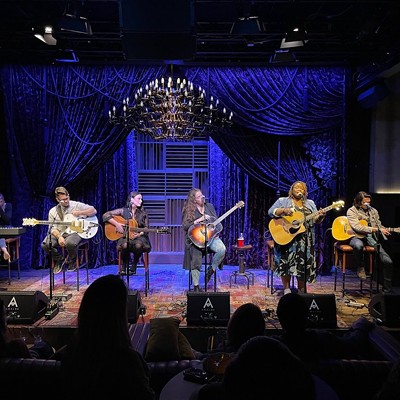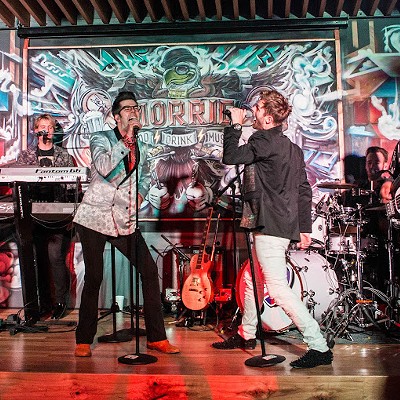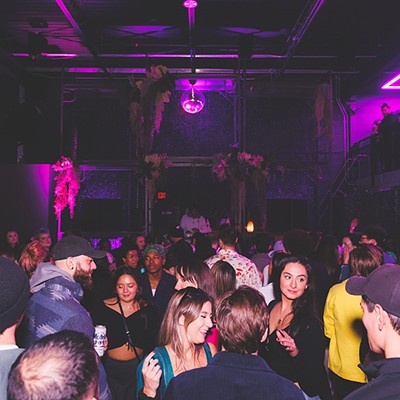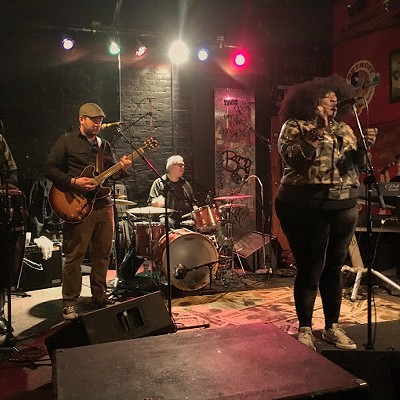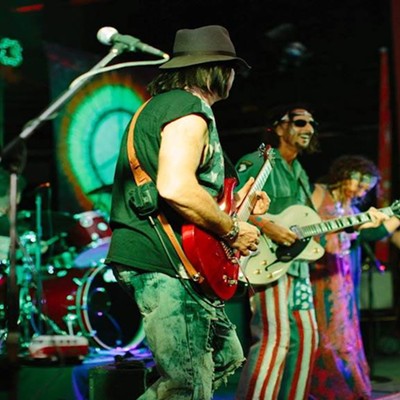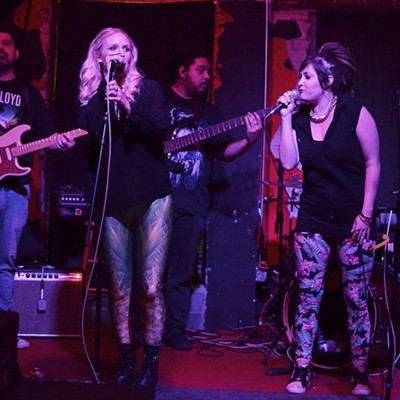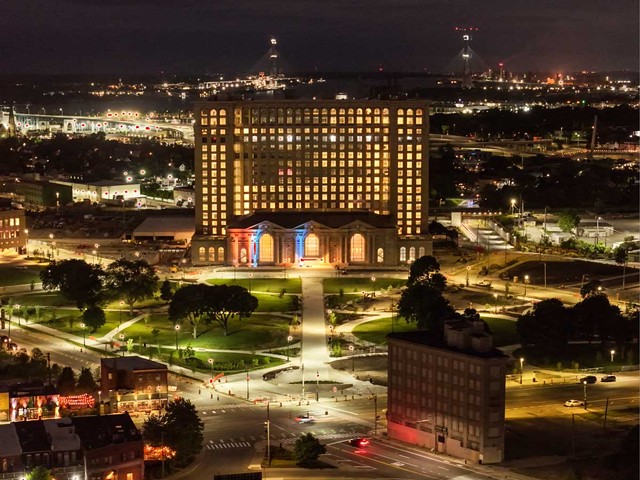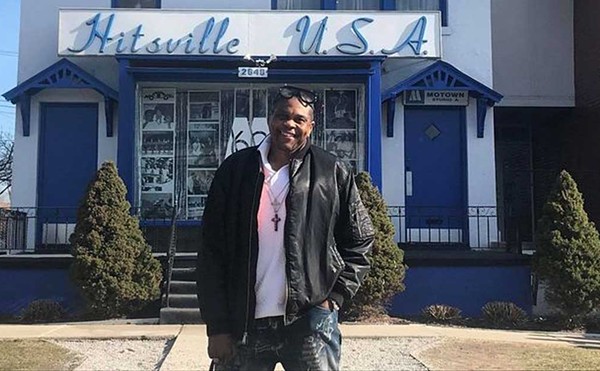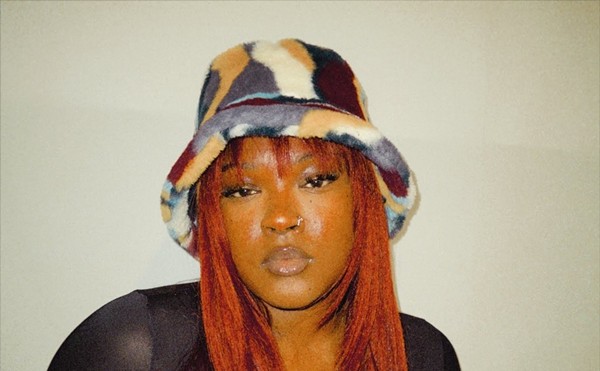Michigan Attorney General Dana Nessel supports the U.S. Department of Justice’s antitrust lawsuit against Live Nation and its subsidy Ticketmaster, which are accused of operating an illegal monopoly that critics argue stifles competition and drives up ticket prices.
“Michigan concertgoers deserve the chance to experience the thrill of seeing their favorite artist live, in a venue close to home, without breaking the bank,” Nessel said in a statement. “Unfortunately, this dream is out of reach for many because of Live Nation’s illegal monopoly. A truly competitive marketplace is essential to providing consumers with choice. That’s why I, along with the Department of Justice and other states, are taking a stand against Live Nation’s practices that limit choice, hamper innovation, and unfairly inflate prices.”
The lawsuit, which was filed Thursday in the U.S. District Court for the Southern District of New York, accuses the live music conglomerate of engaging in unethical behavior like pressuring venues into engaging in restrictive long-term agreements and threatening to withhold access to Live Nation-controlled tours if they work with rival ticket companies.
These anticompetitive practices have “harmed fans through higher fees, lack of transparency, fewer consumer choices, and stifling innovation,” Nessel’s office said.
Live Nation and Ticketmaster merged in 2009 and according to the D.O.J. control 60% of concert promotions at major venues around the U.S. and roughly 80% of primary ticketing at major concert venues.
Live Nation has denied the allegations and claims that breaking up the company would not result in lower ticket prices or fees, pointing out that artists are primarily responsible for pricing tickets and surcharges go to venues. The lawsuit, a company spokesman said in a statement, “ignores everything that is actually responsible for higher ticket prices, from increasing production costs to artist popularity, to 24/7 online ticket scalping that reveals the public’s willingness to pay far more than primary tickets cost.”
Nessel is joined by the Attorneys General of Arizona, Arkansas, California, Colorado, Connecticut, District of Columbia, Florida, Illinois, Maryland, Massachusetts, Minnesota, Nevada, New Hampshire, New Jersey, New York, North Carolina, Ohio, Oklahoma, Oregon, Pennsylvania, Rhode Island, South Carolina, Tennessee, Texas, Virginia, Washington, West Virginia, Wisconsin, and Wyoming.

